Weed Vapes and Safety: 5 Things To Know
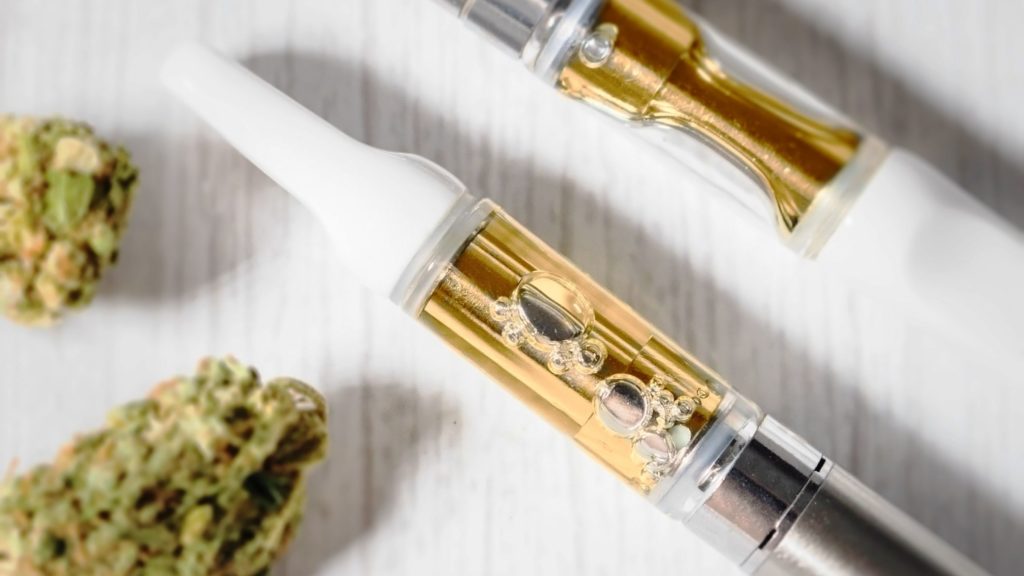
Weed Vapes and Safety: 5 Things to Know
One of the most rapidly growing markets within the cannabis industry are vape pens and concentrates.
The demand for concentrates has increased by 145.6% between 2014 and 2016 in Washington state alone.
Concentrates are typically made using solvents that strip essential oils and other beneficial phytonutrients from the plant material.
They are most often ingested through vaporization or inhaled using special “rigs” designed for immediate vaporization of oils.
However, when unsafe plastics are found in vaporization, there are definitely some concerns to look out for.
Especially considering the growth in the concern over vape pen safety.
Conversely, vaporization is actually thought to be a far safer alternative to cannabis smoking.
The first long-term, peer-reviewed study on the subject was published back in early 2017.
As seen in the journal, Annals of Internal Medicine, British researchers found that after testing and taking samples from 181 different people, those who used electronic cigarettes and vape pens had significantly lower levels of carcinogens and other toxic chemicals than consumers who smoked cigarettes.
However, some experts are calling a bluff on the idea that all vape pens made from cannabis are secure for consumption.
This is because the quality of vapor pens can vary greatly depending on the method of extraction.
It is important to note that there are some safety concerns with vape pens made from different brands due to lack of product testing on their behalf.
Here are five points you need to consider when looking for a reliable vape pen.
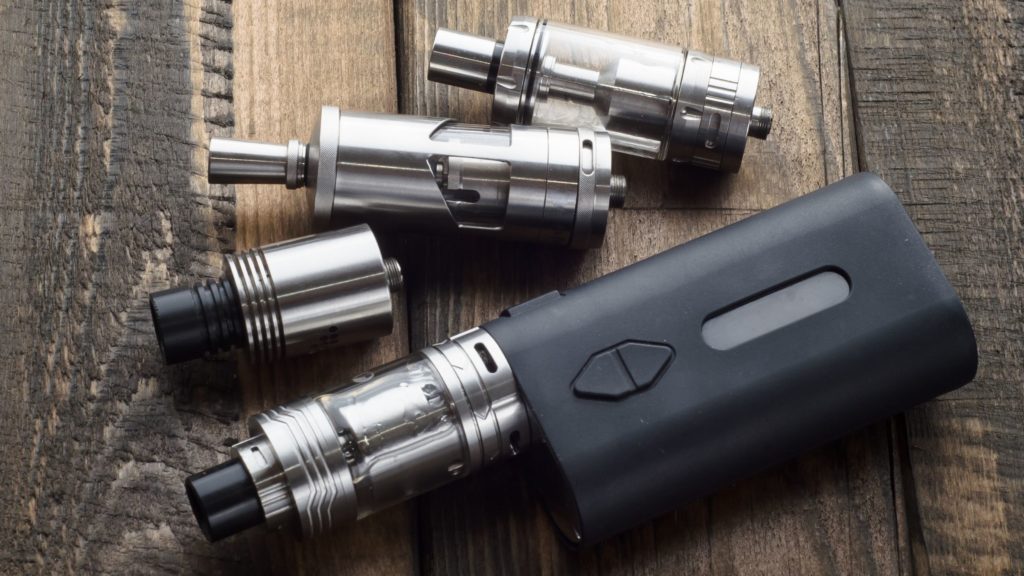
1. Some vape pens may contain harmful additives
Certain vape pens may not be safe for consumption due to malpractice and careless production.
According to a report from 2017, the Journal of Complementary and Alternative Medicine reveals that commonly used additives for vape pens pose concerning health hazards.
There are two particular additives that are the most common, propylene glycol (PG) and polyethylene glycol (PEG).
They are typically an addition to e-juices and vape cartridges to thin out the thick honey-like substance.
Despite being generally considered safe by the U.S. Food and Drug Administration (FDA), these additives are particularly hazardous when heated to the point where they can ignite.
In other words, they are flammable.
In particular, both PG and PEG convert into formaldehyde when heated at a certain temperature.
The point of ignition for cannabis products is about 446 Fahrenheit (230 Celsius).
The problem with formaldehyde it is well-known lung and skin irritator. Not to mention, it is a toxic chemical that should not be consumed.
Fortunately however, the study had also found that other additives such as vegetable glycerin were not of any concern for health risks.
The same study reveals that MCT oils (also found within cannabis vape pen cartridge products) break down into acetaldehyde.
A chemical that in high enough concentrations can make breathing difficult upon exposure to extreme temperatures.
MCT oil is an ingredient made from a type of fat called medium-chain triglycerides.
MCT molecules have a smaller size than most fats and are easier to digest. It derives from coconut oil, and is a more refined version.
However, MCT oils contain about 33 times more acetaldehyde than PEG. Needless to say, they are not a safe additive in vapes.
Play it safe when using a vape pen and be sure you choose products that clearly list the ingredients.
Be sure to check for products that do not contain PG or PEG.
2. Concentrate cannabis products may contain high amounts of pesticide contaminants.
Vape cartridges, e-juices, and various other cannabis concentrates are more likely to contain pesticide residues than flower they originate from.
This is because the pesticide percentage of a single batch of cannabis concentrate could be the equivalent of several pounds worth of cannabis flower.
Although one flower alone may not contain harmful levels of pesticides, the oil extraction could prove to be more hazardous.
Cannabis extractions concentrate resin, which includes the pesticides that could be present in the extracted resin.
Cannabis byproducts such as butane hash oil (BHO) and vape cartridge products will likely contain greater concentrations of contaminants as a result.
In 2015, a study from the Journal of Toxicological Sciences found that up to 80% of over 57 samples from California cannabis concentrates had dangerous levels of pesticides.
Are you trying to stay clear of the use of pesticides within cannabis products? Be sure to check for brands that third-party lab test their products and publish their results online.
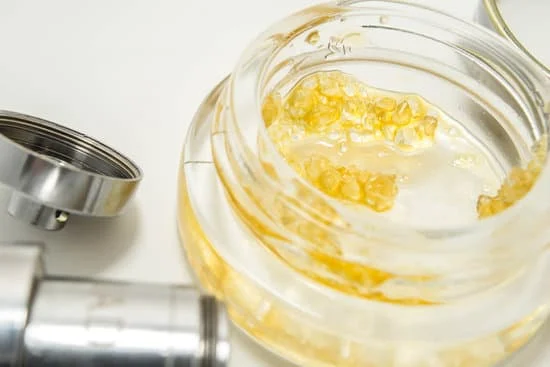
3. Concentrates contain terpenes that differ from those in dried flowers
While vape pens, concentrates, and e-juices are often identified with the same name as the flower from the strain it comes from, the extraction process can eliminate and alter a variety of aromatic molecules of terpenes that are present in all cannabis flower.
A Washington state study, by Dr. Michelle Sexton and her team of researchers looked into this. They compared dried cannabis flower to subcritical CO2 extractions, the most commonly used extraction method used in vapor pens. They found that the terpene concentrations differed substantially between the two extracts.
The study concludes as follows:
“Our results demonstrate that the SC-CO2 extraction might have a significantly different chemical fingerprint than the cannabis flower. These results highlight the need for a greater characterization of cannabis and associated products, including cannabinoid levels, to further understand health-related consequences when inhaling or eating concentrated forms of cannabis.”
Additionally, it is essential to keep terpenes in good condition, particularly for those who use cannabis regularly.
Terpenes are active aromatic molecules that have therapeutic effects on the body.
These molecules interact synergistically with cannabis-specific compounds such as tetrahydrocannabinol (THC) and cannabidiol (CBD).
Additionally, there has not been any research on the effects of highly concentrated and heated terpenes and inhalation.
Without much research on the issue, we aren’t 100% sure of how the interactions of concentrated oils mesh with our bodies.
These findings lead Dr. Sexton’s team to suggest that further research needs to be done on the effects of inhaled cannabis concentrates.
These potential problems may be partially alleviated by vaporizing the raw flower while carefully monitoring the effects of that you may experience.
Additionally source from an organic and credible vendor that provides third-party lab test results.
4. The temperature at which vaporization occurs is vital
Depending on the kind of vape pen you are using, you could potentially be combusting the concentrate or e-liquid, instead of vaporizing it.
Take note that true vaporization can only take place at lower temperatures.
However, vape pens and vaporizers that allow users to adjust high heat settings are preferable.
The temperature at which the combustion begins for cannabis oils is 446 Fahrenheit (230 Celsius).
The ideal point of combustion for cannabinoids as well as terpenes is around 300 F (165 C).
Though the preference of temperature will varies depending on the consumer. Burning any plant, even cannabis, releases carcinogens.
Those with a compromised immune system may need to be cautious with the temperature at which they are vaporizing.
If you happen to get sick, avoid anything that can further contribute damage to the body.
Although, by adjusting to lower temperatures of vaporization, the amount of risk can be reduced.
5. Plastic is a popular material that is used in vaporizers
The hardware used for vape pen devices is another aspect to consider when it comes to vape pen safety.
Many disposable vape pens still use plastics.
The majority of the plastics in vape pens are generally thought to be “heat safe”.
However, it is well-known that plastics can outgas chemical compounds that pose concerning and unknown dangers when heated.
Outgassing is more prevalent in soft plastics than it is in hard plastics.
Certain plastics have endocrine disrupting and poisonous Bisphenol-A (BPA), which acts as estrogen in the body.
Too much estrogen in the body can cause immense damage to our bodily systems in myriad ways.
Although BPA is slowly being replaced in some plastic products by other chemical compounds, the health effects of inhaling these different off-gases is not entirely clear.
Similarly, certain disposable cartridges may have heating elements that do not bode well with consumption due to the presence of heavy metals. And thus we are without the knowledge of how the heating and inhaling of these materials can affect our bodies.
Despite these concerns over the safety of vape pens, it is possible to find better quality products with a bit of research.
To reduce the chance of breathing in unknown chemicals, be sure to select products that include third party lab tests. Or use refillable vape cartridges that are made with glass.

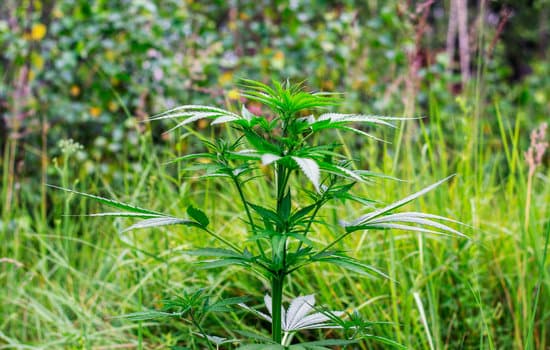
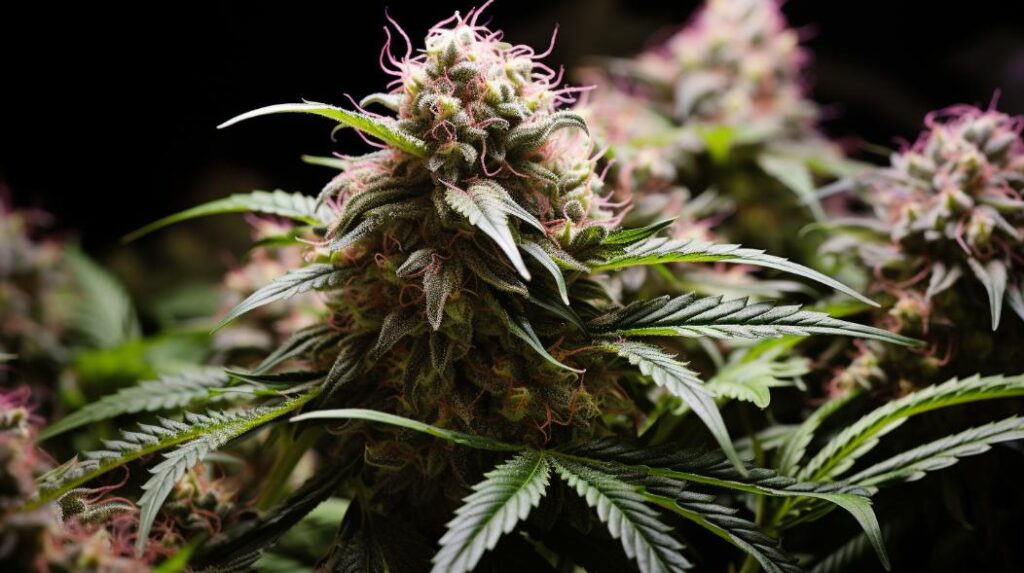
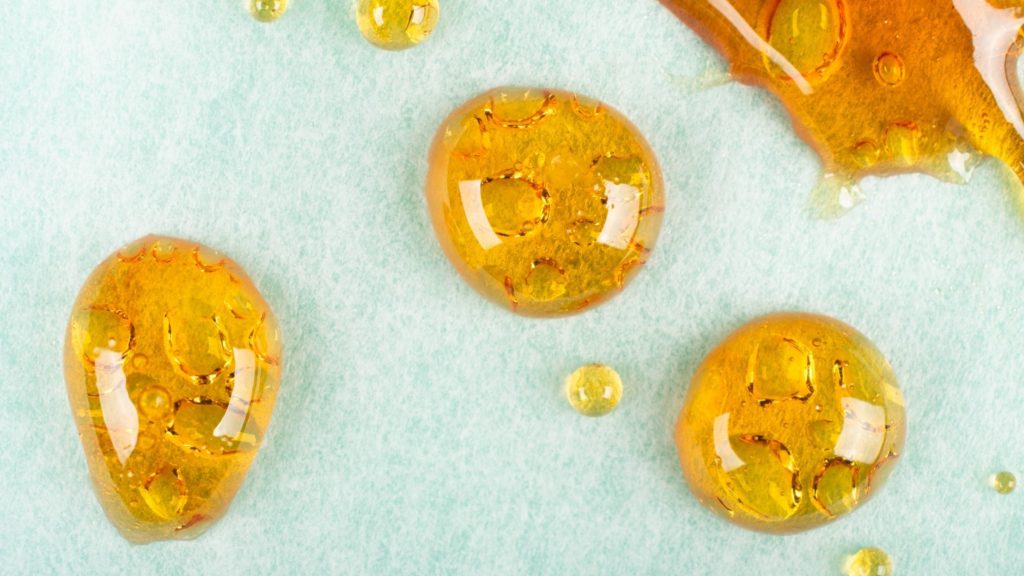
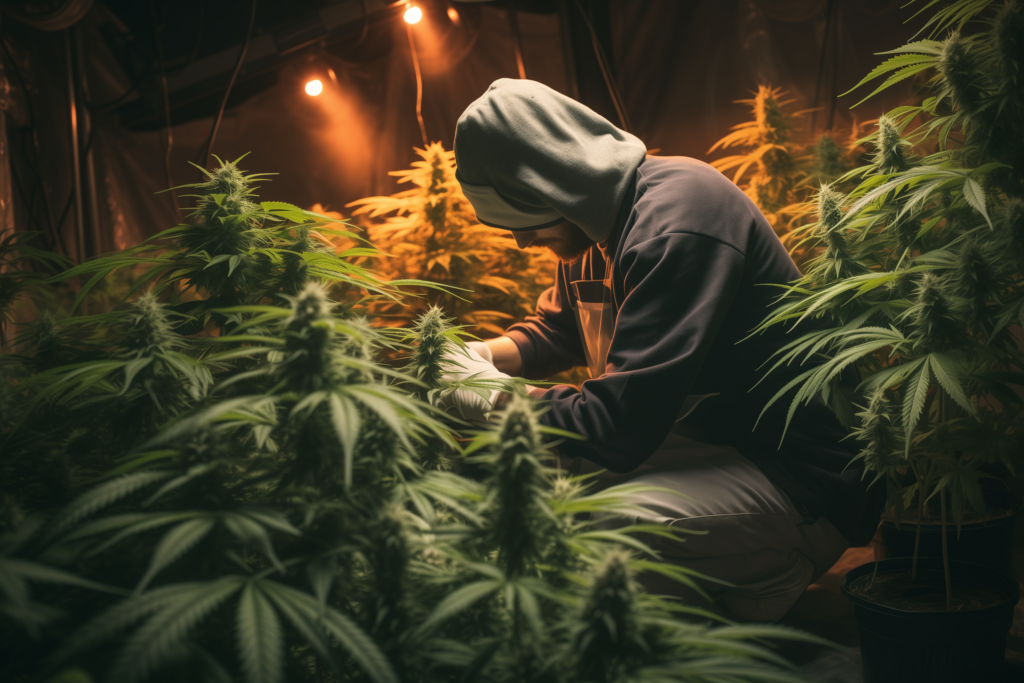
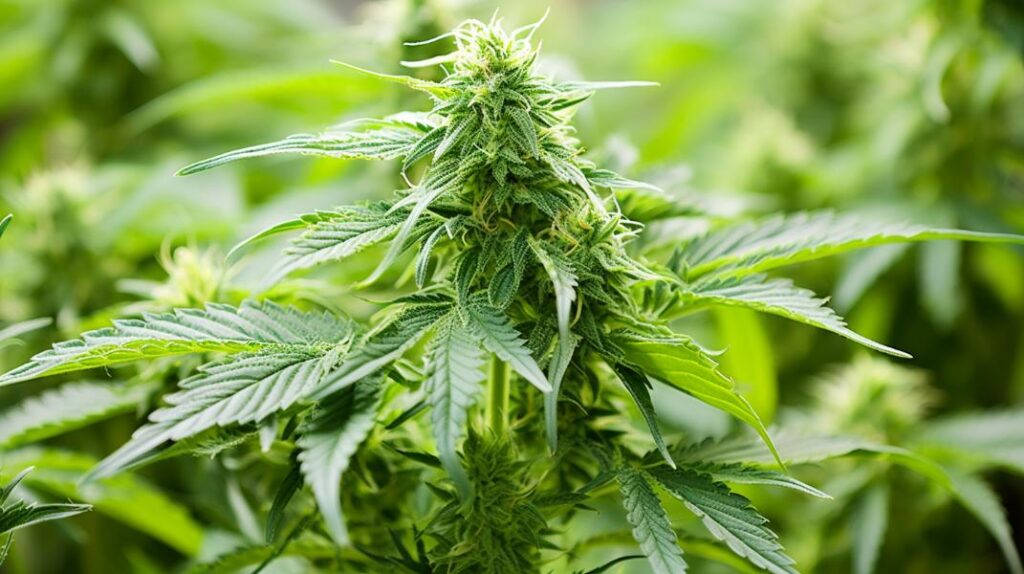

Responses